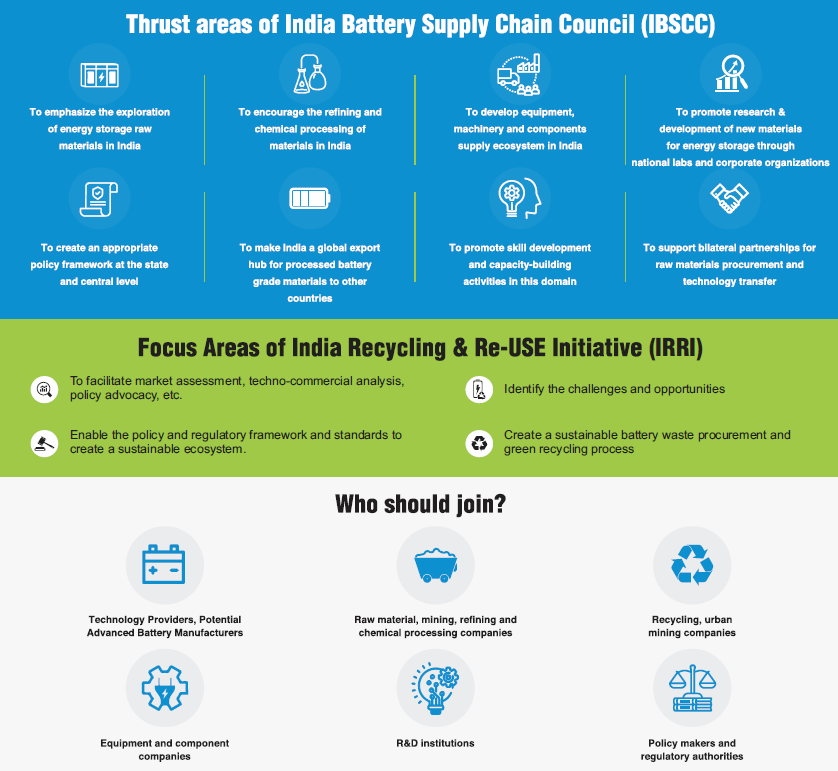
Introduction:
In the pursuit of a sustainable future, Green Manufacturing Initiatives in 2024 are taking center stage as industries embrace environmentally conscious practices. This article explores the latest initiatives shaping green manufacturing, emphasizing the significance of adopting eco-friendly approaches in production processes.
Link to Green Manufacturing Initiatives 2024:
Discover the forefront of Green Manufacturing Initiatives in 2024 at paydayukloan.com. Explore how industries are incorporating sustainable practices to reduce environmental impact and contribute to a greener planet.
Renewable Energy Integration:
One of the key trends in Green Manufacturing Initiatives is the increased integration of renewable energy sources. In 2024, industries are investing in solar, wind, and other renewable energy technologies to power manufacturing processes. This shift not only reduces carbon emissions but also contributes to a more sustainable and resilient energy infrastructure.
Circular Economy Practices:
Embracing the circular economy model is a fundamental aspect of Green Manufacturing Initiatives. Companies are rethinking traditional linear production models and focusing on minimizing waste, promoting recycling, and extending the lifespan of products. By closing the loop in material cycles, manufacturers reduce their environmental footprint and contribute to a more sustainable consumption pattern.
Efficient Resource Management:
Efficient resource management is at the core of green manufacturing strategies. In 2024, industries are adopting advanced technologies to optimize the use of raw materials, water, and energy. Smart monitoring systems and data analytics enable manufacturers to identify inefficiencies and implement measures to reduce resource consumption, resulting in both cost savings and environmental benefits.
Green Supply Chain Practices:
Green Manufacturing Initiatives extend beyond the factory walls to encompass the entire supply chain. Companies are collaborating with suppliers who adhere to sustainable practices, prioritizing environmentally friendly sourcing and transportation methods. Green supply chain initiatives focus on reducing the overall carbon footprint associated with the production and distribution of goods.
Eco-Friendly Materials and Design:
The choice of materials and product design is a critical consideration in Green Manufacturing. Industries are increasingly opting for eco-friendly materials that have minimal environmental impact throughout their lifecycle. Additionally, sustainable design practices aim to create products that are easily recyclable or biodegradable, contributing to a more sustainable product lifecycle.
Water Conservation Measures:
Water conservation is a key priority in Green Manufacturing Initiatives. Industries are implementing measures to reduce water usage in production processes, adopting closed-loop water systems, and treating wastewater for reuse. These initiatives not only address water scarcity concerns but also minimize the environmental impact of industrial water discharges.
Carbon Neutral and Offset Programs:
In a commitment to combat climate change, many companies are striving to become carbon neutral. Green Manufacturing Initiatives in 2024 include the implementation of carbon offset programs, where companies invest in projects that sequester or reduce an equivalent amount of carbon emissions. This holistic approach contributes to a net-zero carbon footprint.
Employee Engagement and Education:
Green manufacturing extends beyond processes and technologies; it involves the active engagement and education of the workforce. Companies are implementing training programs to raise awareness about sustainability practices among employees. Engaged and informed employees become advocates for green initiatives, fostering a culture of environmental responsibility within the organization.
Government Regulations and Incentives:
Government regulations and incentives play a significant role in shaping Green Manufacturing Initiatives. In 2024, industries are aligning with and often exceeding environmental regulations. Governments are offering incentives, tax breaks, and recognition to companies that demonstrate a commitment to sustainable practices, creating a positive feedback loop for green initiatives.
Measuring and Reporting Sustainability Metrics:
To track progress and transparently communicate their environmental impact, companies are placing greater emphasis on measuring and reporting sustainability metrics. Green Manufacturing Initiatives involve setting clear sustainability goals, monitoring progress, and sharing performance data with stakeholders. This transparency enhances accountability and builds trust with customers and the wider community.
Conclusion:
In conclusion, Green Manufacturing Initiatives in 2024 reflect a collective commitment to building a more sustainable and environmentally friendly industrial landscape. From renewable energy integration to circular economy practices and water conservation measures, these initiatives signify a transformative shift towards responsible manufacturing. As industries embrace green strategies, they not only contribute to environmental preservation but also position themselves as leaders in a future where sustainability is a non-negotiable aspect of successful business practices.
